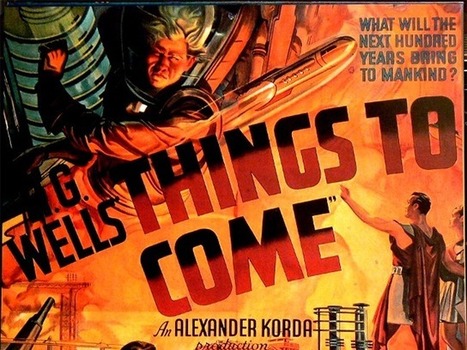Capitalism is waning, Rifkin argues in The Zero Marginal Cost Society, and it will be replaced by a Digital Commons world in which nearly everything we need, including energy and physical goods, are so close to free as to be negligible. I read this book thoroughly after hearing an NPR interview with Rifkin, and in particular his claim that exponential speedups in technology are driving the cost of energy and goods towards zero. This book is filled with naivete regarding technology and regarding the physical world. It feels to me as if someone who grew up inside the headspace of a computer- in the world of bits and bytes- came forth into the physical world, then assumed that everything they learned inside a single computer applies to our actual universe. Let me be systematic below. Let’s write a quick primer for any digital progeny out there. Read this while still trapped in a computer universe:
Research and publish the best content.
Get Started for FREE
Sign up with Facebook Sign up with X
I don't have a Facebook or a X account
Already have an account: Login
on peer-to-peer dynamics in politics, the economy and organizations
Curated by
jean lievens
 Your new post is loading... Your new post is loading...
|
|















